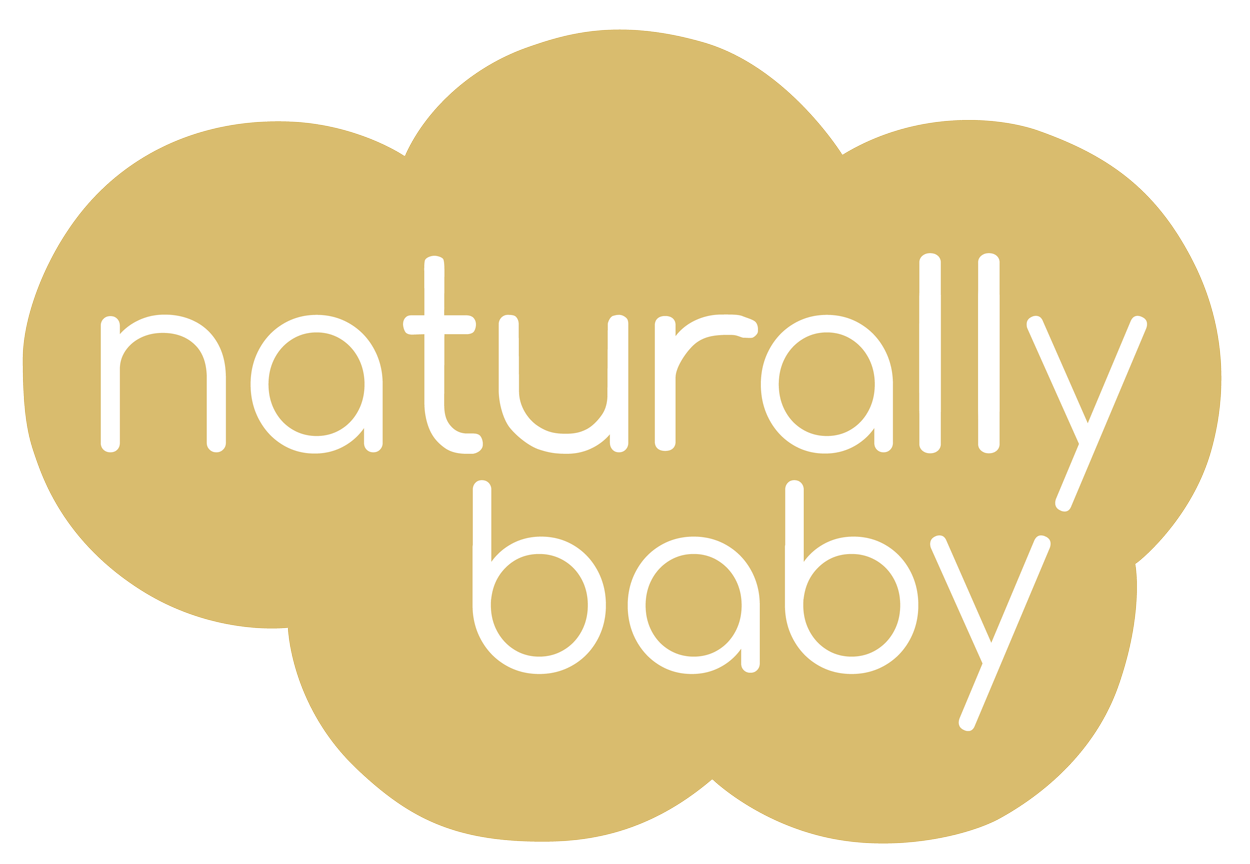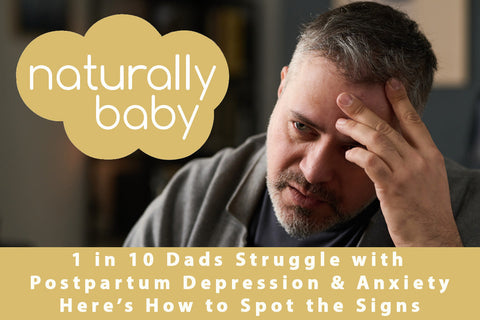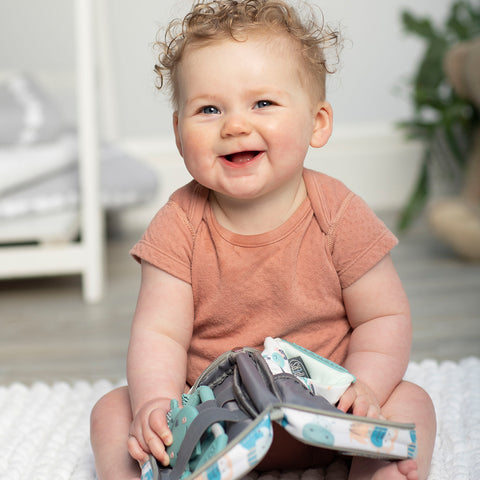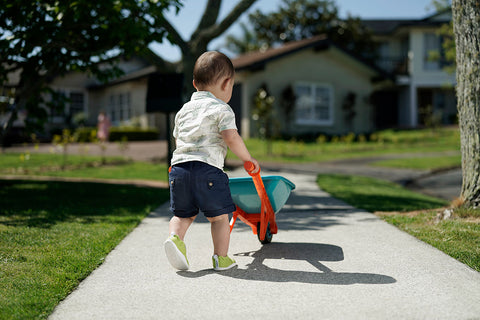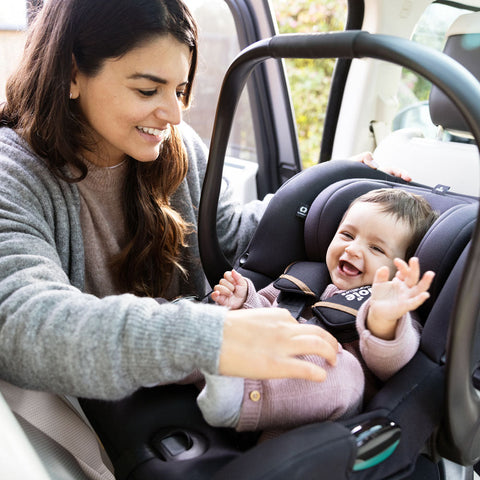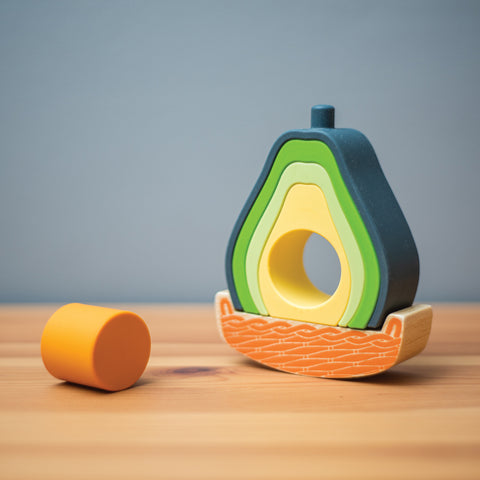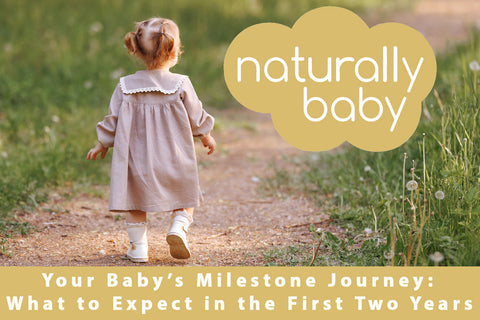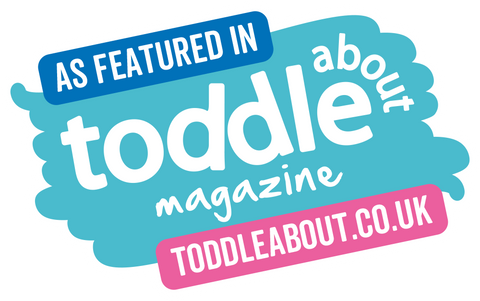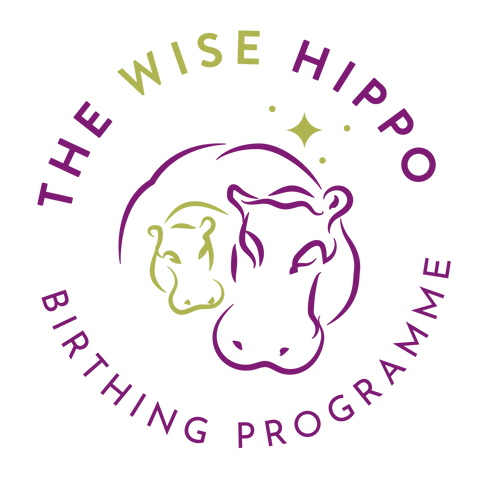We talk a lot more about mental health today than we used to and that’s a good thing. But there’s one important conversation still gaining traction: postpartum depression in dads.
Yes, dads.
Research shows that 1 in 10 fathers experience postpartum depression or anxiety. It’s often overlooked or misunderstood, but more experts are recognizing the signs, offering diagnoses, and getting dads the support they need.
And here's why this matters: a parent’s mental health has a big impact on a child’s well-being. When a dad is struggling, it can affect everything from baby’s doctor visits to their emotional development and the overall health of the family.
When Can Dads Experience Depression?
Many people associate postpartum depression with moms, especially in the first few weeks after birth. But dads can also experience symptoms before or after the baby arrives.
A 2019 study found that the highest risk for depression in expecting fathers is actually during the first trimester of pregnancy. Postpartum depression in dads tends to peak when the baby is 3 to 6 months old.
What Causes Paternal Postpartum Depression?
There’s no single cause, but several factors can contribute:
- Hormonal changes: Yes, men experience them too. Testosterone levels can drop during and after a partner’s pregnancy.
- Partner’s depression: Up to 50% of dads with a depressed partner also show symptoms.
- Feeling left out: Many dads feel disconnected, like they’re on the sidelines of the new-born experience.
- History of depression: A personal or family history of mental illness can raise the risk.
- Stress and adjustment: Becoming a parent is a huge shift, emotionally, mentally, and physically.
- Lack of sleep: Sleep deprivation can significantly affect mood and mental health.
- External stressors: Financial strain, relationship challenges, a colicky baby, or limited paternity leave can all contribute.
What Does Depression Look Like in Dads?
It can look different than it does in moms. While some signs—like fatigue or changes in sleep overlap, men are less likely to express sadness or cry. Instead, they might show:
- Irritability or anger
- Sudden outbursts or even aggressive behaviour
- Risk-taking or substance use (alcohol, drugs)
- Low motivation or interest in things they once enjoyed
- Physical issues (like headaches or stomach problems)
- Trouble focusing
- Suicidal thoughts
- Pulling away from family and friends
- Overworking or barely working at all
Anxiety in New Dads Is Common, Too
It’s not just depression. Anxiety affects 1 in 10 new fathers during pregnancy or postpartum. Symptoms can include:
- Constant worry or racing thoughts
- Feeling edgy or nervous
- Panic attacks
- Trouble concentrating
- Obsessive thoughts or behaviours
Treatment Works, But Dads Need Support
If you or a dad you love is struggling, know this: help is available, and it works. Treatment might include:
- Talk therapy (individual or couples counselling)
- Medication, when appropriate
- Lifestyle therapies like exercise, massage, or mindfulness techniques
How You Can Help a Struggling Dad
Support from a partner, family, or friend can make all the difference. Here’s how you can show up for a new or expecting dad:
- Encourage him to be hands-on with the baby—feeding, bathing, dressing.
- Share night duties to make sure both parents get rest.
- Spend quality time together, even if it's just a quiet moment on the couch.
- Talk openly. Let him know it’s OK to feel overwhelmed—and it’s more than OK to ask for help.
A Final Word for Dads
If you’re reading this and wondering if what you're feeling is more than just “new dad stress,” it might be. That’s not a failure, it’s a sign to take care of yourself. You are not alone, and support is out there.
Asking for help isn’t weakness, it’s strength and the best thing you can do for your baby, your partner, and yourself.
